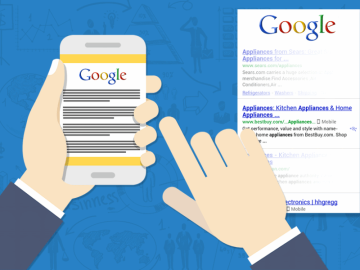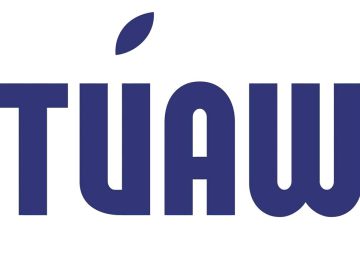The integration of artificial intelligence (AI) into search engine optimization (SEO) is transforming digital marketing strategies as we approach 2025. This evolution is driven by advancements in AI technologies, particularly in natural language processing (NLP), machine learning, and deep learning, which enhance how search engines understand user intent and content relevance.
Transformative Changes in SEO Practices
1. Quality Over Quantity
AI algorithms are increasingly capable of distinguishing high-quality content from low-quality, keyword-stuffed material. This shift emphasizes the need for content that genuinely adds value to users. In 2025, search engines will prioritize comprehensive articles that address user queries in depth, rather than thin content that merely aims to rank for specific keywords. Marketers will need to focus on creating engaging narratives and unique insights that resonate with their audience, thereby enhancing user engagement metrics such as time on page and bounce rate.
2. Semantic Search Optimization
The focus on semantic search will become even more critical as AI improves its understanding of context and user intent. Websites will need to optimize for related topics and entities instead of relying solely on specific keywords. This means creating content clusters that interlink various relevant topics, allowing search engines to better understand the relationships between them. Comprehensive, in-depth information will be favored over fragmented content, encouraging brands to adopt a holistic approach to content strategy.
3. Emphasis on E-A-T
Expertise, Authority, and Trustworthiness (E-A-T) will continue to play a crucial role in SEO. AI will further enhance this trend by prioritizing content created by recognized experts and reputable sources. In 2025, websites that demonstrate high levels of E-A-T through quality backlinks and author credentials will fare better in search rankings. Brands must invest in building their authority through thought leadership content and collaborations with industry experts.
4. Personalized User Experience
AI’s ability to personalize search results based on a user’s behavior and preferences necessitates that website owners tailor their content and user experience accordingly. A seamless experience across devices, especially mobile, will be crucial. In 2025, businesses should leverage AI tools to analyze user data and adjust their offerings dynamically, ensuring that the content is relevant and engaging for each visitor.
5. The Role of AI-Generated Content
While AI tools can assist in content creation, there is a growing concern that search engines will penalize sites relying solely on auto-generated content lacking originality or human insight. To avoid penalties while using AI-generated content, marketers should ensure that the final output is thoroughly reviewed, edited, and enriched with unique insights or personal expertise. This could involve adding case studies, personal anecdotes, or expert quotes to enhance the originality of the content.
Best Practices for Using AI-Generated Content in SEO
To effectively incorporate AI-generated content into an SEO strategy without incurring penalties:
- Use AI for Research: Employ AI tools to generate keyword ideas and conduct background research. This can streamline the initial phases of content creation by providing valuable insights into trending topics and relevant keywords.
- Create Outlines: Utilize AI tools to draft outlines for articles based on keyword research and topic relevance. This ensures that the structure of the content aligns with what users are searching for[3].
- Focus on Human Touch: After generating initial drafts with AI tools, it’s essential to infuse the content with a human touch. This can be achieved by adding personal experiences or unique perspectives that resonate with readers.
- Avoid Duplicate Content: Be mindful of the risk of generating similar articles as competitors using the same AI tools. To stand out, modify the AI-generated content significantly before publishing it.
- Optimize for E-A-T: Ensure that any AI-generated content adheres to Google’s E-A-T guidelines by including author bios with credentials and linking to reputable sources.
The Rise of Conversational Search
With advancements in NLP, search engines are becoming more conversational. This evolution allows for nuanced interactions that better reflect how users communicate naturally. Businesses can leverage this shift by aligning their SEO strategies with the conversational language used by their target audience.
Visual and Voice Search Optimization
Visual Search
The importance of visual assets is increasing as users turn to images and videos for answers. Technologies like Google Lens enable users to conduct searches based on photos, making visual optimization a critical aspect of SEO strategy.
Voice Search
Voice search is expected to grow significantly as improvements in NLP facilitate more accurate interpretations of user queries. Brands should focus on optimizing their content for voice search by incorporating user-generated content and structuring information in a way that aligns with how customers ask questions.
Conclusion
The future of SEO in 2025 is undeniably intertwined with AI advancements. As search engines evolve to become smarter and more personalized, businesses must adapt their strategies to prioritize high-quality content, semantic understanding, and user experience while effectively utilizing AI-generated content without incurring penalties. By embracing these changes, companies can ensure they remain competitive in an increasingly AI-driven digital landscape.





